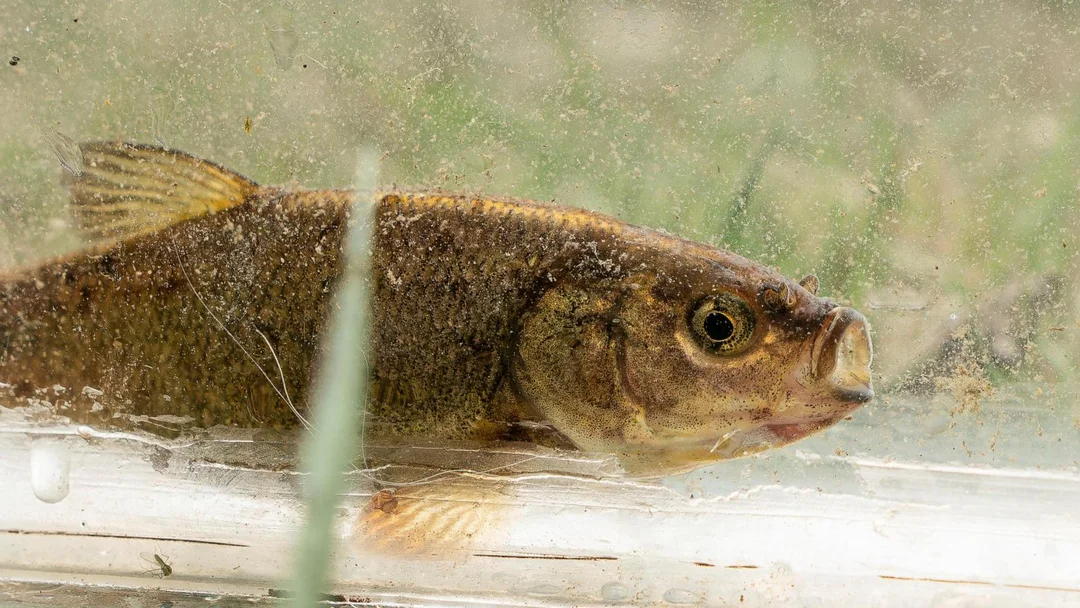
Rare Nevada Fish Faces Extinction: Urgent Call for Protection
In the arid expanse of Nevada, a small but crucial fish known as the Fish Lake Valley tui chub is on the brink of extinction, prompting wildlife officials to propose its listing as an endangered species. This urgent action calls attention to the broader environmental crisis linked to groundwater depletion and agricultural expansion in the area.
The U.S. Fish and Wildlife Service's proposal, set to be published soon, marks a significant moment for conservation efforts, as it follows a troubling trend of declining habitat protections during previous administrations. Patrick Donnelly, director of the Center for Biological Diversity, emphasizes the species' precarious situation: "The Fish Lake Valley tui chub is barely clinging to existence. We can’t afford any more extinction!" This sentiment underscores the desperation felt by conservationists as they step in to protect this delicate species.
Historically, the tui chub thrived in six springs within Fish Lake Valley. However, due to aggressive groundwater pumping primarily driven by agricultural needs — particularly alfalfa farming — only one spring currently sustains our olive-colored friends. Reports indicate that water flow at this last habitat has decreased by over 50%, dramatically threatening the chub's survival.
Adding to the concern is the looming threat from proposed lithium mining operations. Donnelly warns that the Rhyolite Ridge Mine could lead to further declines in fish populations, dubbing it the "Extinction Mine" for its potential impact on biodiversity.
In a twist, the mine's managing director, Bernard Rowe, contends that their groundwater practices will not negatively affect the chub's habitat. They assure that their water usage will be minimal and sustainable, but such claims are met with skepticism from environmental advocates. The stark contrast between corporate assurances and ecological realities is glaring.
The proposal for endangered status opens up a 60-day public comment period, during which stakeholders and concerned citizens can voice their opinions. This is a critical time for public engagement, as the outcome may determine the fate not only of the tui chub but also the ecological integrity of Fish Lake Valley as a whole.
Conservationists highlight that protecting the Fish Lake Valley tui chub could have a much broader impact on the ecosystem. Donnelly states, "If the Fish Lake Valley tui chub goes extinct, that whole ecosystem is going to crash." The tui chub serves as an essential indicator of ecological health, with implications that extend far beyond its small size.
As we await the final decision by wildlife officials, one question remains: Can collective action towards conservation efforts help save the Fish Lake Valley tui chub and its rapidly diminishing habitat? We invite our readers to engage with this pressing issue and share their thoughts on how we can better protect vulnerable species in our environment.